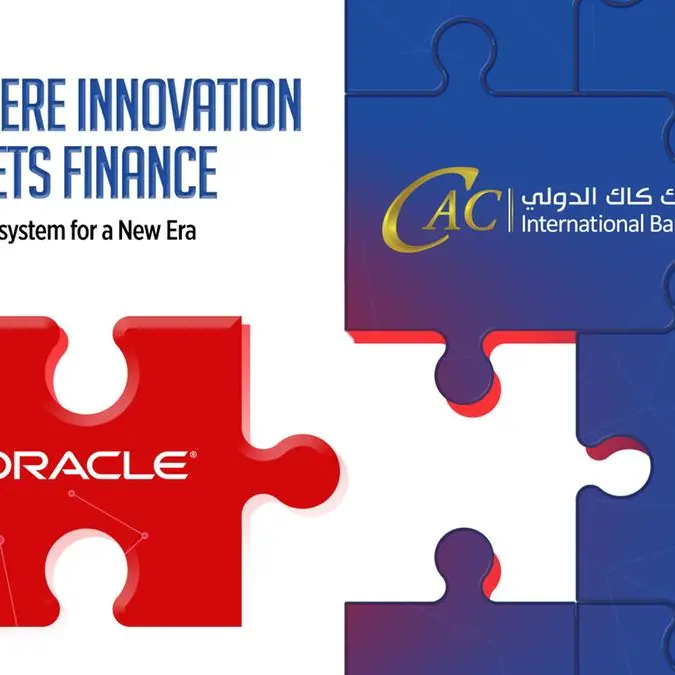PHOTO
Comarch, Krakow. Image Courtesy: Comarch
Operating in the financial industry across international markets comes with challenges, especially when it involves varied e-invoicing regulations. Businesses must navigate a complex web of mandates, legal standards, and frequently updated deadlines across different countries.
Fortunately, technology offers a solution. By adopting an advanced financial electronic data interchange (EDI) platform, you can simplify compliance and ensure your organization is ready to meet the demands of diverse regulatory environments.
Choosing the right EDI platform
Adopting an advanced EDI finance platform is crucial for managing varying mandates efficiently. According to IDC’s IDC MarketScape: European Compliant e-Invoicing 2024 Vendor Assessment, here’s how businesses can improve their strategy:
- Start early and stay informed: Monitor regulatory updates and evaluate current systems for necessary changes.
- Align e-invoicing with business goals: Define clear requirements and ensure system integration meets both business and security needs.
- Adopt a global strategy: For international operations, partner with a global EDI provider to streamline compliance across regions.
- Evaluate vendors thoroughly: Test vendors with real-world scenarios and ensure they meet your organization’s needs.
- Ensure ongoing support: Establish a plan for continuous support to stay up-to-date with regulatory changes.
The Role of EDI technology
E-invoicing platforms are essential for simplifying compliance with global regulations. These systems consolidate multiple providers into a single platform. This approach reduces complexity and eliminates the need to juggle multiple systems. Automating processes such as mapping invoices to government formats and validating data helps businesses stay compliant while reducing administrative burdens.
This is especially crucial for businesses adopting EDI in banking and EDI banking solutions to ensure compliance with financial regulations.
The benefits of a global approach
For businesses with a global presence, adopting a unified approach to e-invoicing is essential. Global EDI providers support multiple languages and formats, ensuring seamless operations across different markets. Integration with networks such as PEPPOL (Pan-European Public Procurement On-Line) further enhances compliance by simplifying transactions, even between countries with different regulatory environments, as is the case with Germany and Poland. The ability to expand EDI solutions globally can significantly reduce friction in cross-border operations.
Streamlining government portal integration
A key feature of e-invoicing platforms is their ability to integrate with government portals. These systems map internal invoicing data to meet local requirements, automatically validating invoices before submission. This reduces the chances of rejections and streamlines the process. Advanced platforms also provide feedback mechanisms for quick error corrections, ensuring smooth compliance.
Archiving and retention requirements
E-invoicing doesn’t end with submission of a document; compliance extends to data retention. Countries such as Italy require longer retention periods than Poland, which makes secure archiving crucial. A robust platform should not only store invoices securely but also provide easy access in case of audits, reducing the risk of penalties. The EDI process ensures that archiving practices are compliant with country-specific requirements.
Overcoming compliance challenges
One challenge businesses face is language barriers, making it difficult to understand local regulations. To address this, partner with a provider who offers local language expertise.
Another hurdle is the technical challenges posed by some government platforms, such as frequent changes and unclear specifications. Working with experienced integration partners helps mitigate these risks and ensures smoother transitions. This is particularly important when considering EDI provider migration or switching EDI providers to ensure continued compliance with evolving regulations.
Staying proactive in the face of evolving regulations
E-invoicing regulations are continually evolving, and businesses must stay proactive to avoid the pitfalls of delayed implementation. Rushed decisions made close to deadlines can lead to non-compliance and increased operational stress. Overburdened government authorities may struggle to provide timely support, further complicating matters.
Trusted EDI providers play a critical role in proactive compliance. They monitor regulatory updates and offer timely guidance to help businesses prepare for changes. By doing so, they enable companies to avoid penalties and maintain their reputations.
Practical tips for maintaining compliance
Businesses can ensure smooth e-invoicing operations by:
- Assessing current processes: Review existing invoicing systems to identify gaps.
- Addressing technical needs: Ensure systems meet requirements for e-signatures, QR codes, and archiving.
- Treating e-invoicing as a project: Appoint a dedicated project manager to oversee implementation and maintain clear communication with stakeholders.
Simplify compliance for global operations
Managing e-invoicing across multiple countries can be complex, but technology-driven solutions simplify the process. By integrating financial EDI into broader business systems such as ERP, companies not only meet regulatory requirements but also improve operational efficiency, reduce manual errors, and lower costs. As businesses consider EDI migration or new EDI solutions, taking a strategic, proactive approach ensures smooth transitions and long-term success.
Stay ahead of evolving regulations by adopting a proactive e-invoicing strategy. With the right global providers and up-to-date knowledge, you can simplify compliance, streamline operations, and position your business for long-term success in international markets.























